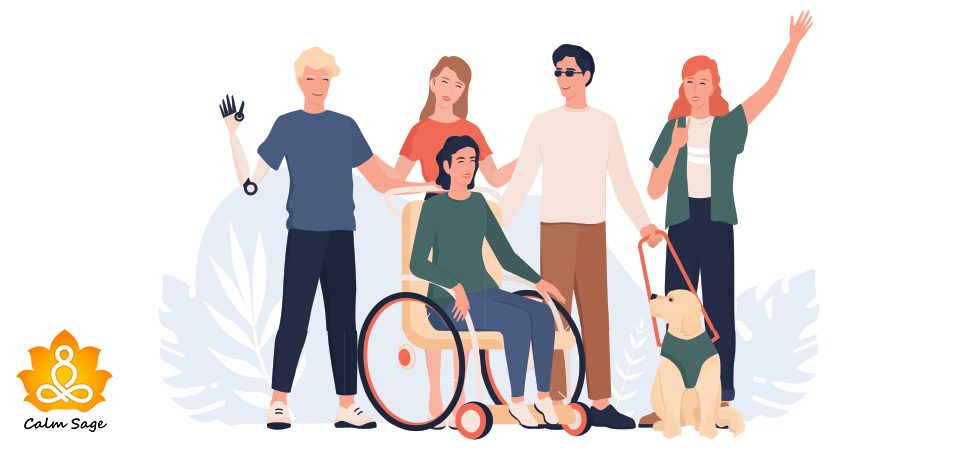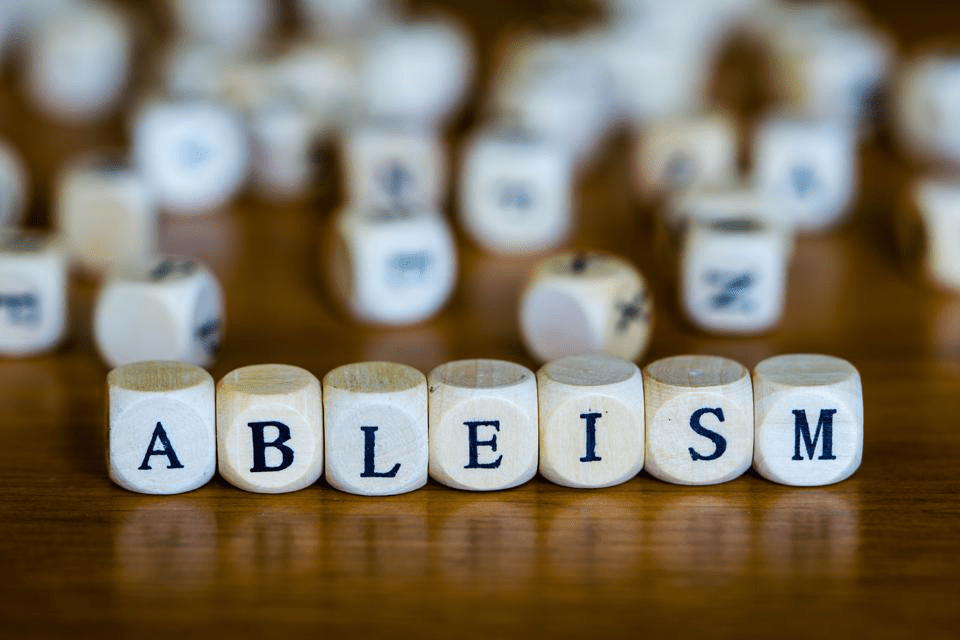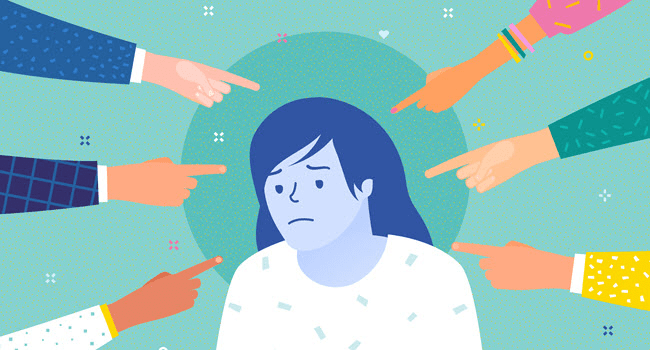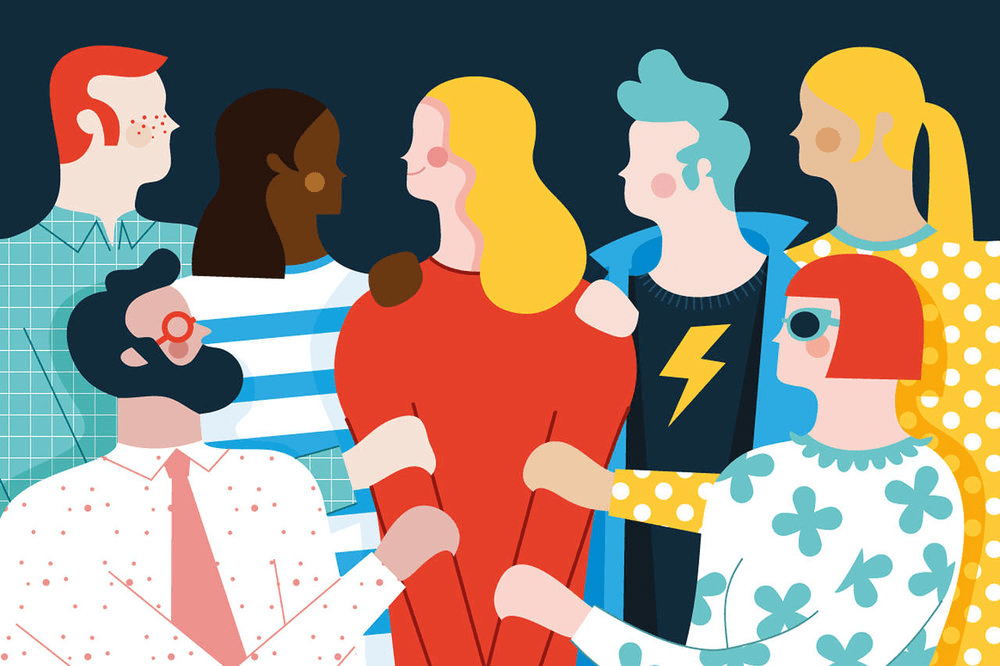Ableism: A Guide To Understanding The Mental Wellbeing Of People With Disabilities

Mental wellbeing does not discriminate against physical wellbeing. Discrimination against a set group of people often creates a sense of anguish and despair which often leads to oppression against the differently-abled. As a minority group, people with disabilities are often treated as the ‘lesser’ being than those with no noticeable incapacity. Unintentionally, either by words or actions, people with disabilities are often left feeling offended and unwelcome by their peers and the society in general.

What Is Ableism?
‘Ableism’ is the practice of prejudice and inequity against people with physical, intellectual, and psychiatric disabilities. People with disabilities are often looked upon as less valuable and are treated as less than humans.
We often see people in wheelchairs or walking with a cane with pity and sympathy. The first thought when we see a person with a noticeable disability is that something is ‘wrong’ or that ‘something’ needs fixing. Sometimes subtle disabilities, medical in nature, are overlooked but that does not mean that a person is not disabled or less than anyone normal. Any action that limits movement, senses, or activities of a person is defined as a disability.

Ableism’s Effect Of Mental Wellbeing
What we do or say can often be misinterpreted and can affect a person’s mental peace. What we forget is that our views or actions toward that person could be taken negatively even if we have good intentions. Empathy and compassion could go a long way to make someone comfortable in their own skin.
Misrepresentation of disabled people in the media has led to a muddled reality. Often viewed with rue and sadness, a person with a disability is subject to bigotry and bias. Experience of such emotions negatively impacts and create sporadic mental aggression.
Discrimination is often invisible and indirect but the effect it has on a person is direct and real. Chronically ill people with a subdued condition are generally left feeling bemused when someone asks about their ‘disability’ while people with noticeable disabilities are pitied.
Disability is a spectrum and can vary from person to person. By ignoring the concept of ableism, we can indirectly affect a person’s mental health in many ways. Some harmful effects of the stigma against ableism are mentioned below:
1.Reluctance to seek help
People with chronic illness can often shy away from seeking medical help in terms of mental health. They are viewed as just another person with a disease and are usually denied assistance.
Since their disability is ‘invisible’ doesn’t mean it isn’t there. The effects of constant probing and prodding by medical instruments can lead a person to distract from a healthy environment to a faulty one.
2.Lack of confidence
When it comes to disabled people, we often lack the knowledge of the same. Kids are taught to be ‘extra’ kind and gentle to disabled people. It is done with good intention but then those good intentions can be interpreted wrongly. When we ask people to be ‘nice’ and ‘helpful’ to the differently-abled, we are saying that they are helpless and weak. This lack of understanding can lead to self-doubt and shame.

How Can You Help?
Ableism is a concept that needs more knowledge and understanding from our side. Learning and reading literature written by disabled authors and writers can help gain a better understanding of the bias against ableism.
People with disabilities are often subject to ‘What happened’ questions. It is better to not assume that going up to a person and asking them about their ‘condition’ is fine. If they are in a wheelchair or wearing a prosthetic, doesn’t mean that they are comfortable with answering your questions. Assuming a person’s intellect based on their physical disability is also wrong and patronizing.
People have a tendency to give out unsolicited advice whether it is warranted or not. A person with a disability may not take your advice as positive and you may, unintentionally, offend them.
The daily life of a person with a disability is different but that doesn’t mean that they are inferior or less than human.
Sympathize but don’t pity. Empathy and compassion are what should be at the forefront of your mind. A person with a disability is not as weak or helpless as one can seem. It is always better to show your support than asking if the person needs your help. If they do, they’ll ask.
As an ally, make sure that a person with a disability is comfortable and in a non-judgemental place. Spread awareness and read up on the ways you can help a person. Be culturally sensitive and be aware of the person’s mental wellbeing as well as physical or psychiatric wellbeing.
Lastly, always remember, humanity empowers care and dignity and is equal for all.
More Interesting Readings:
The Role of Social Support for Health and Wellbeing




















